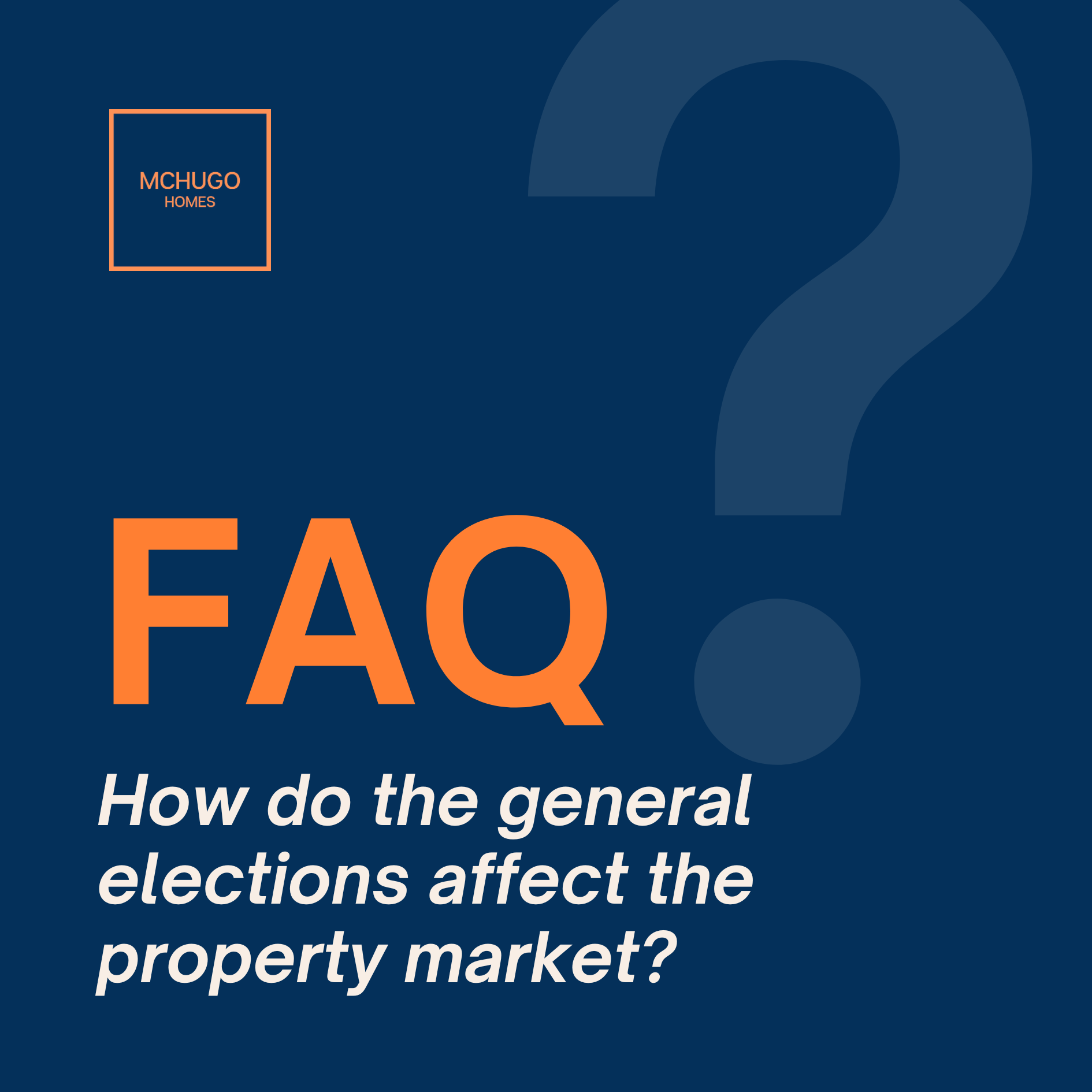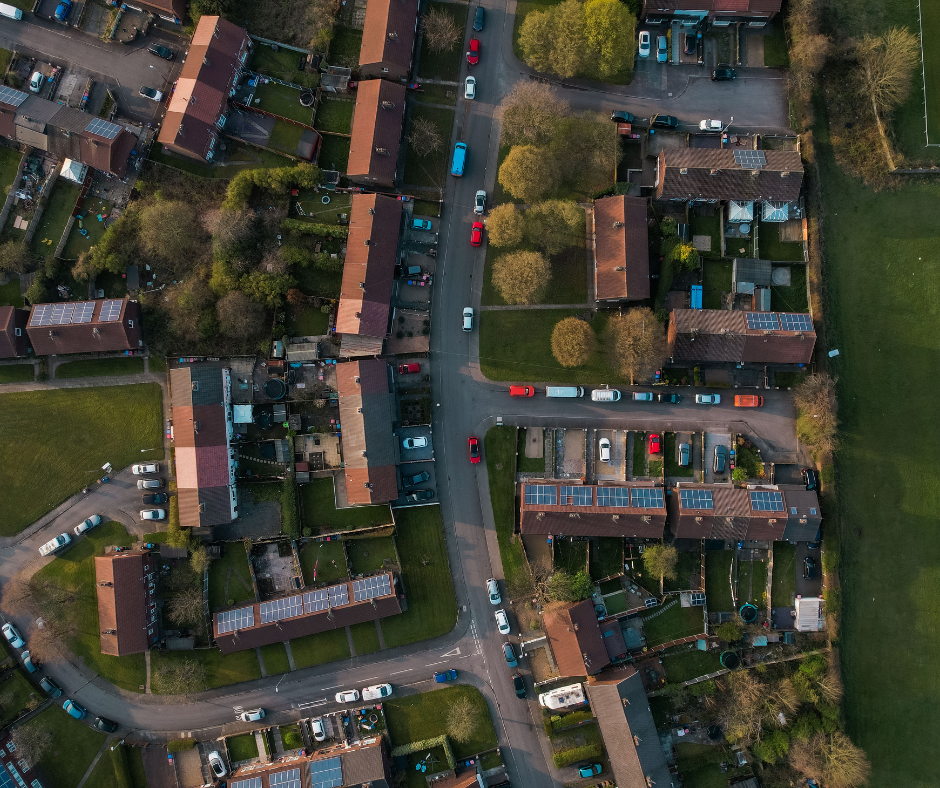The Potential Implications of the 2024 July 4th General Election on the Property Market
As the July 4th, 2024 General Election approaches, the property market is poised to react to the political landscape. Understanding the potential implications of this event can provide valuable insights for buyers, sellers, and investors. By examining the trends from previous general elections, we can better anticipate the effects on property prices and market activity.
 What Do Previous Elections Tell Us About What to Expect in Harborne and Edgbaston?
What Do Previous Elections Tell Us About What to Expect in Harborne and Edgbaston?
Research conducted by Dataloft has delved into the price changes before and after general elections since May 1997. This analysis offers a comprehensive view of how the property market has historically responded to election periods.
- December 2019 Election**: In the three months leading up to the election, property prices across the UK increased by 4.2%. However, in the three months following the election, the price growth slowed significantly to just 0.7%.
- Tony Blair’s 1997 Victory**: Similar to the 2019 election, the 1997 election saw a comparable increase in property prices prior to the vote.
- Elections of 2005, 2010, and 2017**: These years were exceptions where post-election price growth exceeded the growth observed in the preceding period.
Pre-election uncertainty has a short-term impact, according to the research, with the number of sales in the months before voting day reducing. According to the research, this pattern held true for six out of the last seven elections.
Post-Election Market Dynamics
Once the election results are known, the increased certainty typically leads to a resurgence in market momentum. Further research by Hamptons into market insights reveal that the belief in heightened uncertainty due to a change of government may be somewhat overstated. Governments tend to time general elections strategically, often during periods of economic and housing market strength. For instance, the election was called when inflation was at its lowest point in three years, house prices were rising annually, and the economy had grown by 0.6% between January and March of that year, the fastest rate in two years.
 Short-Term Fluctuations vs. Long-Term Trends
Short-Term Fluctuations vs. Long-Term Trends
While general elections do have an impact on the property market, the effects are nuanced and multifaceted. Short-term fluctuations are common, driven by pre-election uncertainty and post-election stabilization. However, the long-term dynamics of supply and demand remain the primary forces shaping the property sector.
Understanding the intricacies of how general elections can influence the property market is crucial for making informed decisions. Whether you’re looking to buy, sell, or invest, staying ahead of the market trends can give you a significant advantage.
If you have any questions or need personalised advice, don’t hesitate to get in touch with us on 0121 5170251 or movinghome@mchugohomes.co.uk.






Share this with
Email
Facebook
Messenger
Twitter
Pinterest
LinkedIn
Copy this link